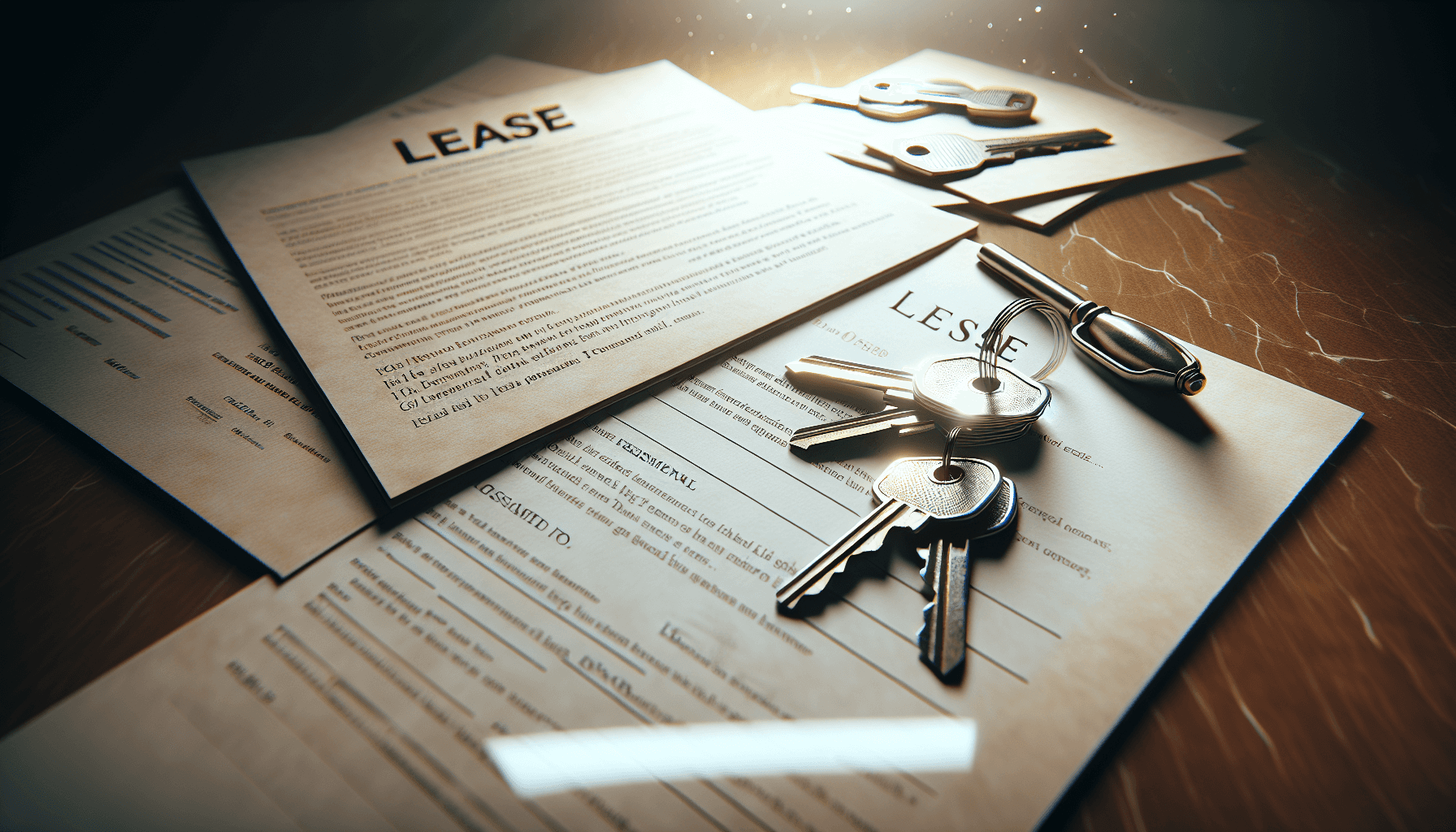Lease Renewal Options: Your Guide to Extending Your Rental Agreement
Introduction
Signing a lease isn't just about the initial rental period - it's about planning for your future too. That's where lease renewal options come into play. These valuable clauses can make a huge difference in your rental experience, giving you more control over your housing situation and helping you avoid the stress of frequent moves.
Lease Renewal Option: A lease renewal option gives tenants the right to extend their existing lease for an additional period under pre-agreed terms and conditions. The renewal terms, including the length of the extension and the new rental rate, are typically specified in the original lease agreement.
Understanding the Basics
A lease renewal option isn't just another clause in your rental agreement - it's your ticket to housing stability. The basic components include the length of time you can extend your lease (often 6 months to 2 years), how much notice you need to give (usually 60-90 days), and any rent adjustments that might apply.
Unlike starting fresh with a new lease, a renewal option builds on your existing agreement. You won't need to go through the entire application process again, and many of your original lease terms stay the same. Both you and your landlord need to stick to the renewal terms outlined in your original lease - it's a two-way street.
Benefits and Considerations
For renters like you, renewal options offer some sweet perks. You won't have to pack up and move, saving money on moving costs and keeping your kids in the same school district. Plus, you're protected from sudden market rate increases since your renewal terms are preset.
Landlords benefit too. They keep good tenants (like you!) without marketing costs or vacancy periods. But there are some trade-offs to consider. You might miss out on better deals if market rates drop, and you could feel stuck if your needs change before the renewal period ends.
Common Misconceptions
Let's clear up some confusion. An automatic renewal isn't the same as a renewal option - you still need to actively choose to renew. And yes, you can still try to negotiate terms even with a renewal option in place. Your security deposit? It typically rolls over with your renewal.
How to Exercise a Lease Renewal Option
Timing is everything! Mark your calendar for when you need to notify your landlord - missing the deadline could cost you your renewal rights. Put your renewal notice in writing and keep copies of everything. If you want to discuss any changes to the terms, start those conversations early.
Legal Aspects and Protections
Your renewal rights vary by state, so brush up on local laws. If either party doesn't follow the renewal terms, you have legal protections. Most disputes can be resolved through clear communication, but it's good to know your rights just in case.
Market Trends and Future Outlook
Rental markets keep shifting, affecting how renewal options are structured. More landlords are offering flexible renewal terms, and online platforms make the renewal process smoother than ever.
Making the Decision: Renew or Move?
Before deciding, ask yourself:
Does this space still meet your needs?
Are the renewal terms fair compared to current market rates?
What would moving cost you in time and money?
How does this location serve your lifestyle?
Conclusion
Lease renewal options can be your best friend in rental housing - if you understand how to use them right. They offer stability, predictability, and peace of mind. Whether you choose to renew or explore new options, make your decision based on what works best for your situation.
Looking for expert guidance on your lease renewal options? Contact Bellhaven Real Estate. Our experienced agents can help you navigate your rental choices and even explore homeownership opportunities that might be right for you.

